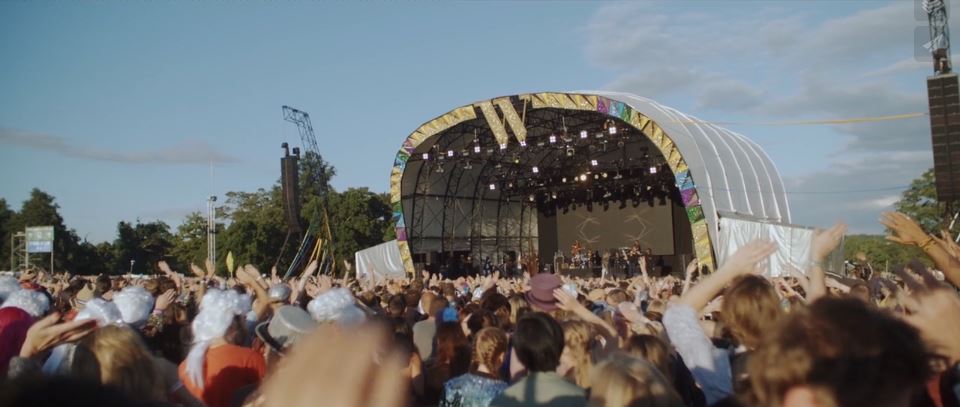
According to the Oxford English Dictionary a Festival is described as:
The word Festival can be traced back to the 1200’s in the UK and derives back to the Latin word Festivus. A Festival was usually a religious happening where pilgrims feasted, prayed, celebrated special occasions and told stories. Examples of these would be:
Earlier Festivals were recorded in ancient Egypt and were not necessarily religious events. One such festival was organised by Pharaoh Rameses III to celebrate his victory over the Libyans. Festivals in Egypt were large celebrations with plenty of food available. In one festival in the 12th century BC, 11,341 loaves of bread and 385 jars of beer were given to the public – sounds a bit like a modern day sampling opportunity for the discerning events company!

Over the years Festivals have evolved and developed and nowadays event organisers are able to source an occasion to suit almost any taste (whether it be religious, music orientated, culinary etc.). Public interest and attendance at Festivals has sky-rocketed over the last few decades with the likes of large-scale events such as Glastonbury and V-Festival increasing in popularity year on year. Smaller, more bespoke gatherings have also increased in numbers where attendance is by invitation only and numbers are limited in order to make the Festival exclusive.
Other popular Festivals in the UK are:
To join a team of event organisers specialising in Festivals, you first need to learn the components of event planning. You cannot expect to simply walk into a position and event manage a Festival with little or no planning experience.
Event Academy offers hands-on practical training in all aspects of the industry. The course also runs a module dedicated to Festivals and covers the following: